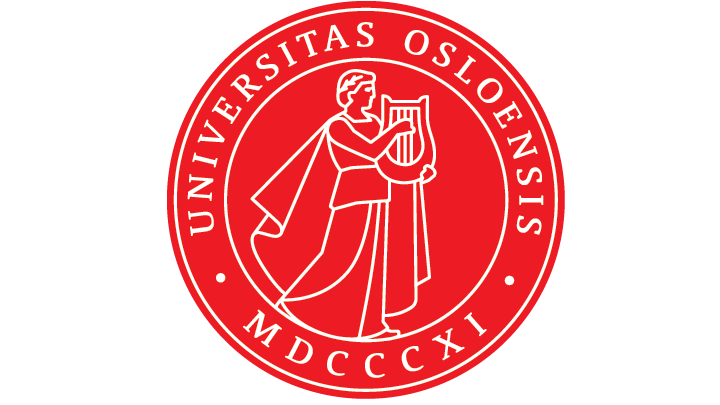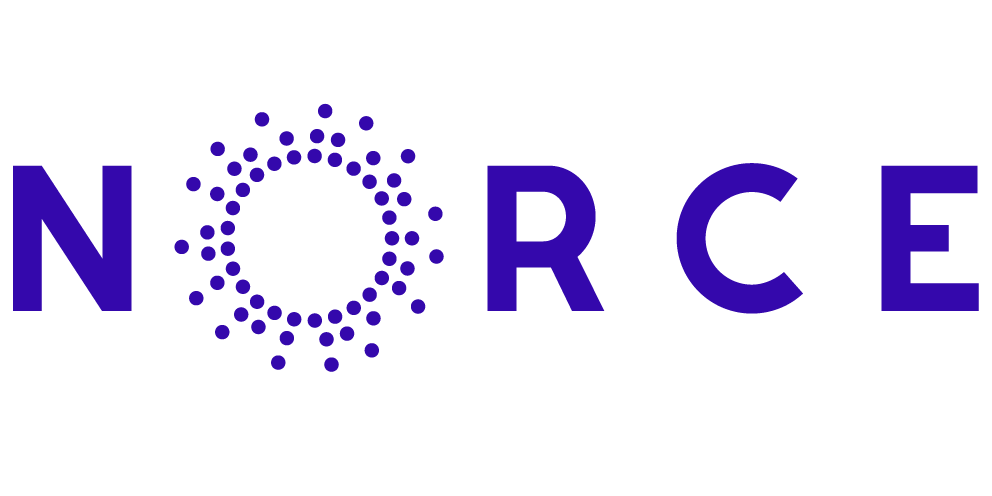About us
Publications
Publications from 2020 and before are not direct results of the SFI MediaFutures, but are key results from our team members working on related topics in MediaFutures.
2020
Truth be told: Fake news detection using user reactions on reddit Journal Article
In: Proceedings of the 29th acm international conference on information knowledge management, pp. 3325–3328, 2020, (Pre SFI).
Brenda: Browser extension for fake news detection Journal Article
In: Proceedings of the 43rd international acm sigir conference on research and development in information retrieval, pp. 2117–2120, 2020, (Pre SFI).
Find us
Lars Hilles gate 30
5008 Bergen
Norway
Contact us
MediaFutures
Office@mediafutures.no
Responsible Editor:
Centre Director Prof. Dr. Christoph Trattner
Christoph.Trattner@uib.no


Copyright © University of Bergen 2024
















